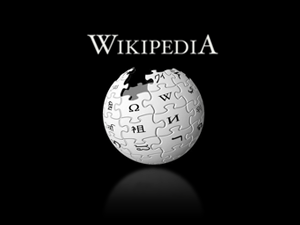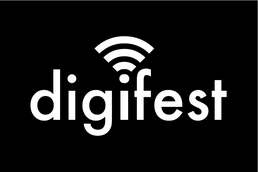Digital Literacy: Friend, Foe or Fad?
By Moira Wright, on 16 December 2015
The UCL DL SIG invites UCL staff and students to an afternoon of discussion, networking and debate on digital literacy on Thursday January 7th 2016 from 2-4.30pm.
This event is planned to address the question ‘Digital literacy: friend, foe, or fad?’ through an exploration of the benefits and challenges in the conception, delivery and evaluation of this hot topic. Delegates will be encouraged to reflect on their practices and discuss.
Highlight of the event is that Helen Beetham, Education Consultant to UK HEI’s and Jisc, will speak. Helen Beetham is an author, researcher and innovator in the field of e-learning, with particular expertise in Higher Education. Since 2004 she has played a leading role in the JISC e-learning programme as an advisor on pedagogic issues. She is an experienced workshop leader and a regular speaker at conferences in the UK and abroad. An edited volume of essays, Rethinking Pedagogy for the Digital Age, was recently published by Routledge. Her areas of research and advisory expertise include: e-learning policy and practice; learners and learning in the digital age; pedagogy and educational theory; design for learning; e-portfolios for learning; academic writing and academic literacies.
The QAA HER at UCL is upcoming and as part of this they have asked UCL to provide a snapshot of digital literacy activity at UCL. This report is not part of the scored element of the review. Steve Rowett and myself have been conducting interviews to learn more about what is happening at UCL. Some of this work was conducted using Jisc tools and it has uncovered a fabulously rich and varied picture – this event will include some presentations and examples of exciting current practice from UCL staff and students including Diana Lee – hack organiser, blogger, tech society and student, Free Hype – voluntary student society, Professor Martin Oliver and Dr Lesley Gourlay UCL Institute of Education, Dr Viv Jones UCL Department of Geography and Dr Sunny Bains (please use Eventbrite link for tickets below to view the full programme).
About the UCL DL SIG
When the UCL E-Champions network was formed a UCL Digital Literacies Special Interest Group (UCL DL SIG) was set up at the same time. The SIG was created for UCL staff to promote the use of technology in learning, provide a platform to ask questions, exchange ideas and also to get support from colleagues beyond E-Learning Environments.
We’re using the Jisc definition of digital literacy: ‘the capabilities which fit someone for living, learning and working in a digital society’ (see link Jisc: Digital Capabilities 6 elements below).
Refreshments are provided along with time to network.
Tickets are via Eventbrite (use the password: UCLDLSIG) :
Click here for tickets and programme details – Digital Literacy:Friend, Foe or Fad?
Further reading
Jisc Blog: Building capability for new digital leadership, pedagogy and efficiency
Jisc: Landscape Review
Jisc: Frameworks mapped to 6 elements
Jisc: Digital Capabilities 6 elements, Helen Beetham pdf
 Close
Close




